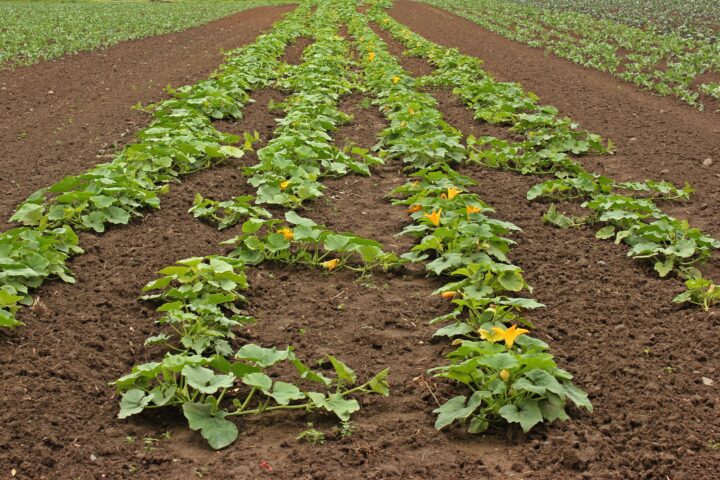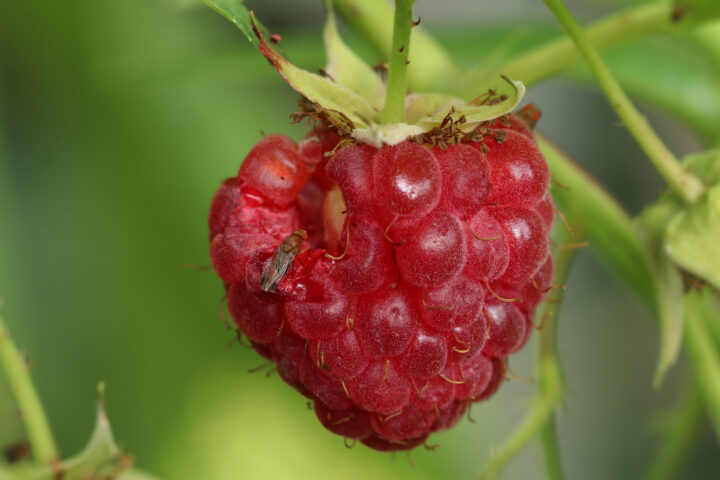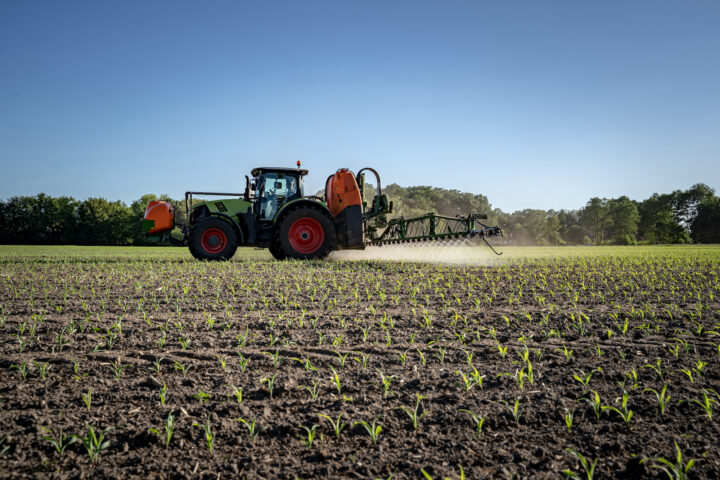
Five myths about pesticides
The Austrian "Kronen Zeitung" clears up five myths about the use of pesticides in agriculture. With regard to toxicity, what the doctor Paracelsus knew still applies today: The dose makes the poison.
Monday, February 14, 2022
The subject of pesticides is repeatedly taken up in the media. It is often suggested that the use of pesticides pollutes drinking water and is harmful to human health. But other myths also persist. The "Kronen Zeitung" debunks the following five myths:
1. Only agriculture uses pesticides
That's wrong. Pesticides are pest control agents and are also used in other industries. Pesticides also include, for example, disinfectants against viruses and bacteria, ant or rat baits, wood preservatives against fungal infestation, chlorine for drinking water treatment or anti-algae agents in swimming pools. Crop protection products are a subgroup of pesticides and protect crops from fungal attack, rot and harmful insects.
2. Pesticides contaminate groundwater
This claim cannot be backed up with facts either. With regard to Austria, the "Kronen Zeitung" writes that the pollution of the groundwater has decreased significantly since the 1990s. Only 0.5 percent of around 180,000 examinations exceeded the precautionary value. Accordingly, the Austrian drinking water is of excellent quality and can be enjoyed without hesitation.
3. Residues in food slowly poison
There is also no evidence that pesticide residues in food are harmful to health. Pesticide residue limit values apply to foodstuffs, which are set in such a way that they do not damage human health even if consumed for a lifetime. Only 2.5 percent of the foods examined by the Agency for Food Safety (AGES) exceeded the maximum permissible value.
4. Conventional agriculture is spraying more and more
The opposite is true. The use of pesticides on Austrian fields has fallen by 19 percent since 2015.
5. Pesticides are prohibited in organic farming
That's not correct. Organic farms also use pesticides. 43 percent of the plant protection products sold in Austria are also approved for use in organic farming. After all, fungal diseases, harmful insects and weeds do not stop at organic farms. Due to climate change, the growing conditions for farmers are increasingly deteriorating. They will therefore continue to be dependent on pesticides in the future. Proper use based on the principle of “as much as necessary, as little as possible” remains important.
Sources
Related articles

Class action lawsuit over pesticide ban
A proven seed dressing may no longer be used due to a decision of the European Court of Justice. As a result, the pumpkin harvest in Styria, Austria, has been almost completely destroyed.

Is the industry exporting banned pesticides?
The media is full of stories about Swiss producers of plant protection products exporting pesticides that are banned in Switzerland. Weak regulations in importing countries would be deliberately exploited. However, this does not correspond to the facts. When exporting plant protection products, Swiss manufacturers adhere to strict international standards. In addition, there are certain products for which an approval in Switzerland does not make sense.

Because plants need protection from pests and diseases
The health of our crops cannot be taken for granted. On the contrary: in our mobile world, pests and plant diseases are spreading like wildfire. Climate change acts as an accelerant. When pests migrate and new plant diseases establish themselves in our latitudes, they can become a threat to native species. The International Plant Health Day on 12 May is a reminder of this. And the day shows: to ensure plant health in the future, research and innovation are needed above all.

Pesticide cuts
In Switzerland, a growing number of pesticides are being banned by the authorities. At the same time, there are almost no new ones entering the market. The regulatory authorities are severely overstretched. Things cannot go on like this. Every product that disappears from the market increases the risk of pests developing resistance and of crops failing.

